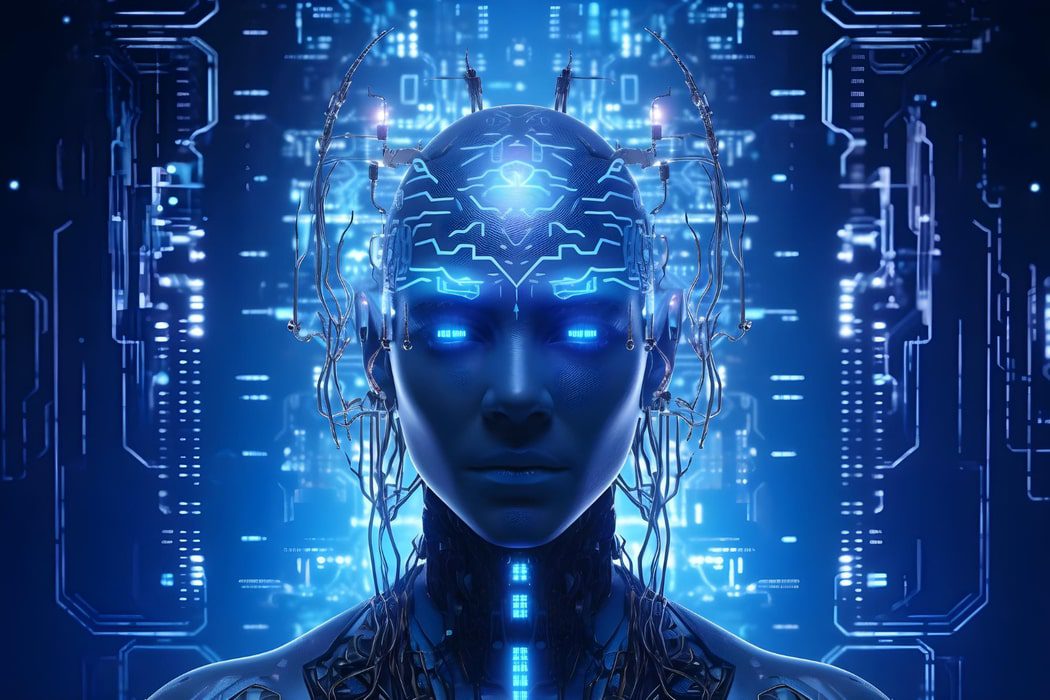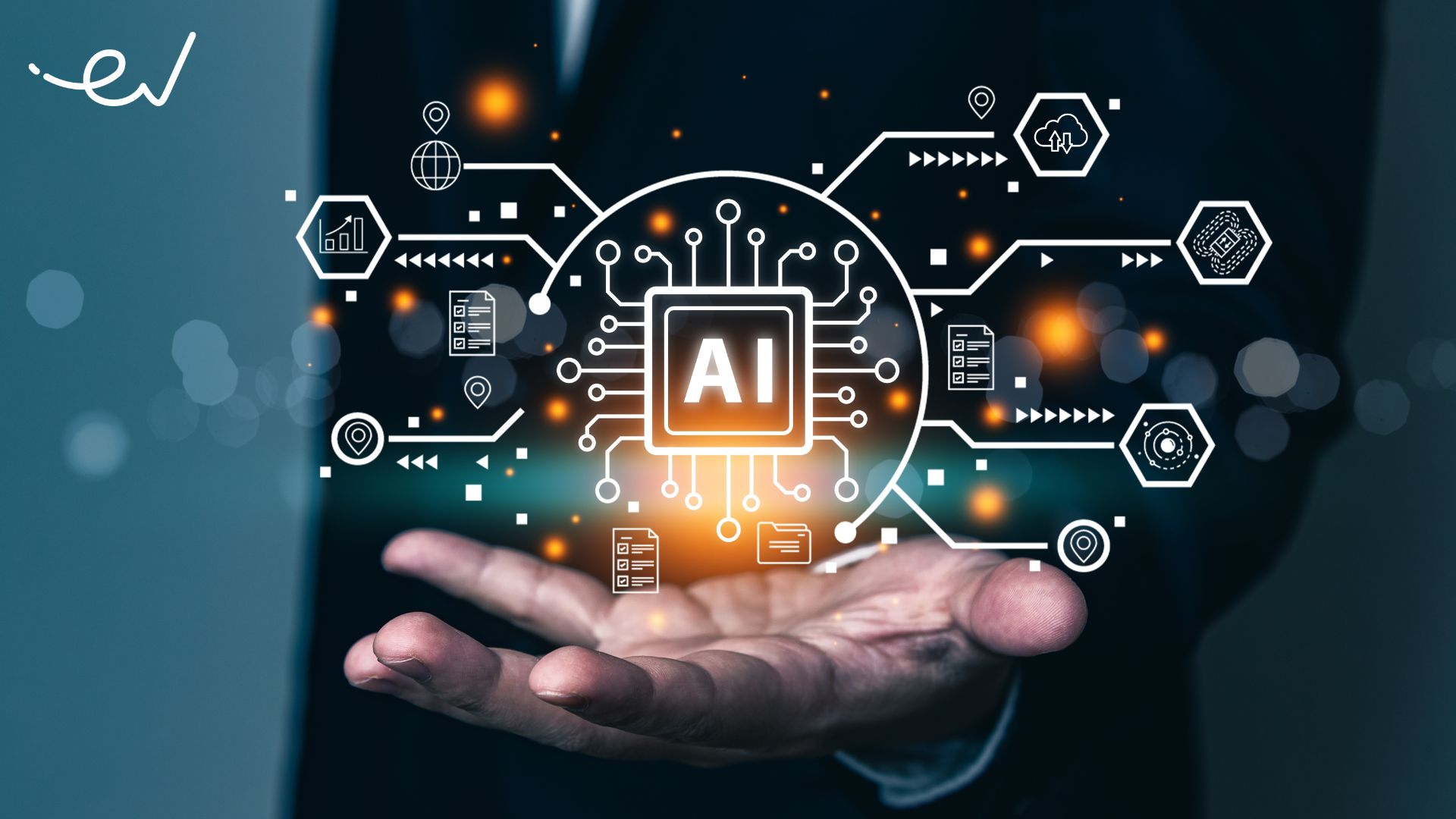
I. Core Technologies: How AI is Reshaping the Localization Workflow
1. Automated Translation Engines: From "Literal Conversion" to "Contextual Regeneration"
AI-powered translation engines have made significant advancements in both accuracy and fluency compared to traditional machine translation. In particular, when addressing cultural differences, AI can dynamically adjust based on context, mitigating the “semantic distortion” issues seen with older systems. For example, in a popular open-world game, AI analyzes the narrative's context to adjust the terminology library, ensuring each dialogue aligns with the game's storyline and character traits.Moreover, AI uses multimodal alignment technology to deeply integrate text with visual elements within the game. In the localization of Call of Duty: Warzone, for instance, AI not only translates text but also takes into account game icons and interface elements, ensuring that the translated content is seamlessly integrated with the visual experience.
2. Cultural Cognition Modeling: Deep Adaptation Beyond Language
AI has demonstrated remarkable adaptability when faced with the challenge of cultural symbol conversion. During the localization of Genshin Impact, miHoYo leveraged AI to conduct an in-depth analysis of Middle Eastern and Nordic cultures, adjusting character designs and storylines accordingly. In the Middle Eastern version, AI automatically removed alcohol references and replaced them with culturally appropriate symbols, while the Nordic version incorporated elements from Norse mythology, fostering a stronger cultural connection with local players.AI-driven cultural cognition modeling helps developers improve the efficiency of cultural symbol conversion, allowing games to enter diverse markets smoothly and enhancing player immersion.

II. Challenges and Breakthroughs: Key Battlegrounds for Technology Implementation
1. Data-Driven Challenges and Solutions: The Necessity of Customized Language Databases
AI translation systems rely on vast amounts of high-quality data to train models. However, in the early stages, many companies face issues such as mismatched generic data and insufficient linguistic resources. The language and cultural differences in games make it impossible for general translation data to meet the specific needs of certain niche markets.To address this, customized language data services are essential. Companies need to build exclusive language knowledge bases tailored to their industry. By collecting and cleaning language data based on specific business needs, and training bespoke models, companies can provide high-quality parallel corpora and lay a solid foundation for AI model optimization and updates.
2. The Boundaries of Human-AI Collaboration
While AI has made significant progress in game localization, it still has limitations. One key challenge is the lack of creativity in expression. For certain metaphorical, poetic, or literary content in sci-fi IPs, AI cannot fully replace the creativity of human translators. Additionally, AI-generated narratives may fall short in emotional resonance compared to human-crafted content.As Fu Kun once said: “AI learns to mimic, while humans hold the creative soul.” Despite AI’s enormous potential to enhance translation quality, human involvement is still necessary to ensure the accuracy and emotional depth of the final product. Player feedback is crucial for AI optimization, as it can analyze player comments and feedback on social media to adjust translation strategies in real-time, ensuring localized content aligns with market expectations.
3. Model Development Challenges: The Need for Vertical Domain-Specific Language Models
AI translation models are often general-purpose, which in many cases fails to meet the specific needs of game localization. For example, in a game like Genshin Impact, which has a rich cultural background, the AI translation model needs to accurately understand and translate complex cultural symbols and terminology. However, general-purpose models often struggle to handle these specialized language requirements.Thus, it is crucial to find customized language models tailored to vertical industries, ensuring that models can handle the professional terminology and complex cultural elements that are central to game localization.

III. Future Vision: Localization as the Core Hub of Global Ecosystems
1. Technological Integration: From Tools to Ecosystems
With the continuous advancement of technology, game localization is moving toward real-time dynamic localization. In the future, player-generated content (such as custom storylines and in-game items) will be translated by AI and synchronized to global servers, allowing for real-time global updates. For example, Minecraft already supports the automatic translation of player-generated content, with all player-customized content being instantly translated and shared with global players. This real-time dynamic localization will provide a more consistent and smooth gaming experience for players worldwide.
2. Business Model Reshaping
With the widespread adoption of AI, pay-per-use models are becoming more common, especially among overseas companies. In fact, 60.3% of companies have adopted a "pay-per-translation-volume" pricing model, significantly lowering costs for small and medium-sized teams. Moreover, the integration of AI in localization has become a core competitive factor in the gaming industry.
About Glodom:
Shenzhen Glodom Technology Co., Ltd. is an innovative language technology solution provider with deep expertise in game localization. The company has established long-term stable partnerships with many renowned global gaming companies. Glodom boasts a team of over 300 dedicated professionals, with over 10,000 native-speaking translation experts in more than 40 countries, supporting over 200 languages. Glodom is committed to both innovation and service, leveraging advanced technology and extensive project management experience to help numerous businesses achieve global strategic expansion. Whether it’s in the precision of localization translation or the efficiency of multilingual processing, Glodom remains at the forefront of the industry.


